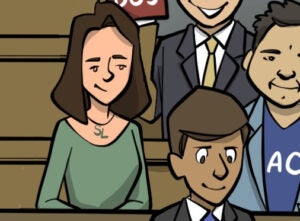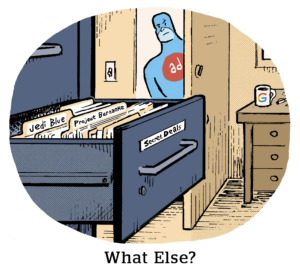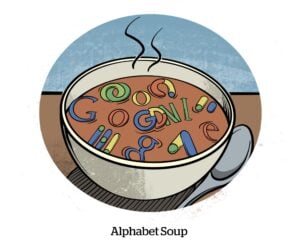 Many agree there’s a great need for holding companies to integrate their media buying structure “horizontally”: to collaborate rather than compete across groups.
Many agree there’s a great need for holding companies to integrate their media buying structure “horizontally”: to collaborate rather than compete across groups.
Is it possible the obstacle lies not with the agency, but with the client?
Executives from Dentsu Aegis, IPG, Havas, Omnicom and WPP took up the question at the Modern Marketing Summit Upfront at Internet Week in New York City on Monday. Their conclusion: Agencies won’t be inclined to break down silos until clients are ready to do the same.
“We have the imagination to make these changes. We know of these connections. The issue is the way the client is buying,” said Warren Zenna, EVP and managing director of Mobext, the mobile arm of Havas Media Group. “We’re constrained by how we’re forced to sell. It’s a battle – the world is moving faster on the marketing front than the brands are on the innovation front.”
Despite agency recommendations to experiment with integrated media planning, clients are bound by legacy buying approaches tied to quarterly budgets. For a thousand-pound gorilla, it can be difficult to embrace new media models when the old way helps them meet revenue projections and please investors.
Some clients are ready, but change needs to seep across the entire industry before holding companies are incentivized to break down silos.
“Generally, we operate in verticals: TV, print, desktop, mobile,” said Tom Goodwin, SVP of strategy and innovation at Havas Media Group. “Clients all have their own teams for that budget, and as an agency, we replicate that.”
“The silo is needed right now because the buyer’s [operational structure] has not evolved as fast as the technology,” Zenna agreed. “There are still distinct specialties that they need help with.”
Another problem is the way creative assets are managed, as media placement in today’s fragmented ecosystem more strongly influences creative. Until clients are ready to embrace change, creative and media won’t be incentivized to collaborate.
“Creative agencies used to hand over a bunch of assets to media agencies to get it out there, but the complexity [today] requires a bridge,” Zenna said. “Creative agencies don’t understand the way media needs to be created based on the nuances by which it’s going to be deployed.”
Many holding companies are trying to ramp up their consulting offerings in a bid to drive change within client marketing organizations.
WPP launched consulting entity OgilvyRED five years ago. IPG’s R/GA has an in-house consulting group that helps clients solve challenges posed by mobile and omnichannel media. And Publicis made a big bet on consulting with its 2014 acquisition of Sapient, creating a new advisory offering under the Publicis.Sapient banner.
“[Agencies] need to operate more from a consulting perspective,” said David Gaines, chief planning officer and managing partner at Maxus in the Americas. “Horizontality done well is run by people who can think horizontally. When it’s done badly you have a bunch of agencies who don’t work together.”
Consulting divisions could also help agencies stay relevant as traditional players like McKinsey, Deloitte and Accenture snap up creative shops and encroach on their territory. Being able to help clients think about how new media channels are changing their business objectives will open them up to more innovative strategies.
But until clients are able to reimagine the role media plays in their business, Zenna said agencies may be stuck in limbo.
“We’re only as good as what our clients are willing to buy.”











